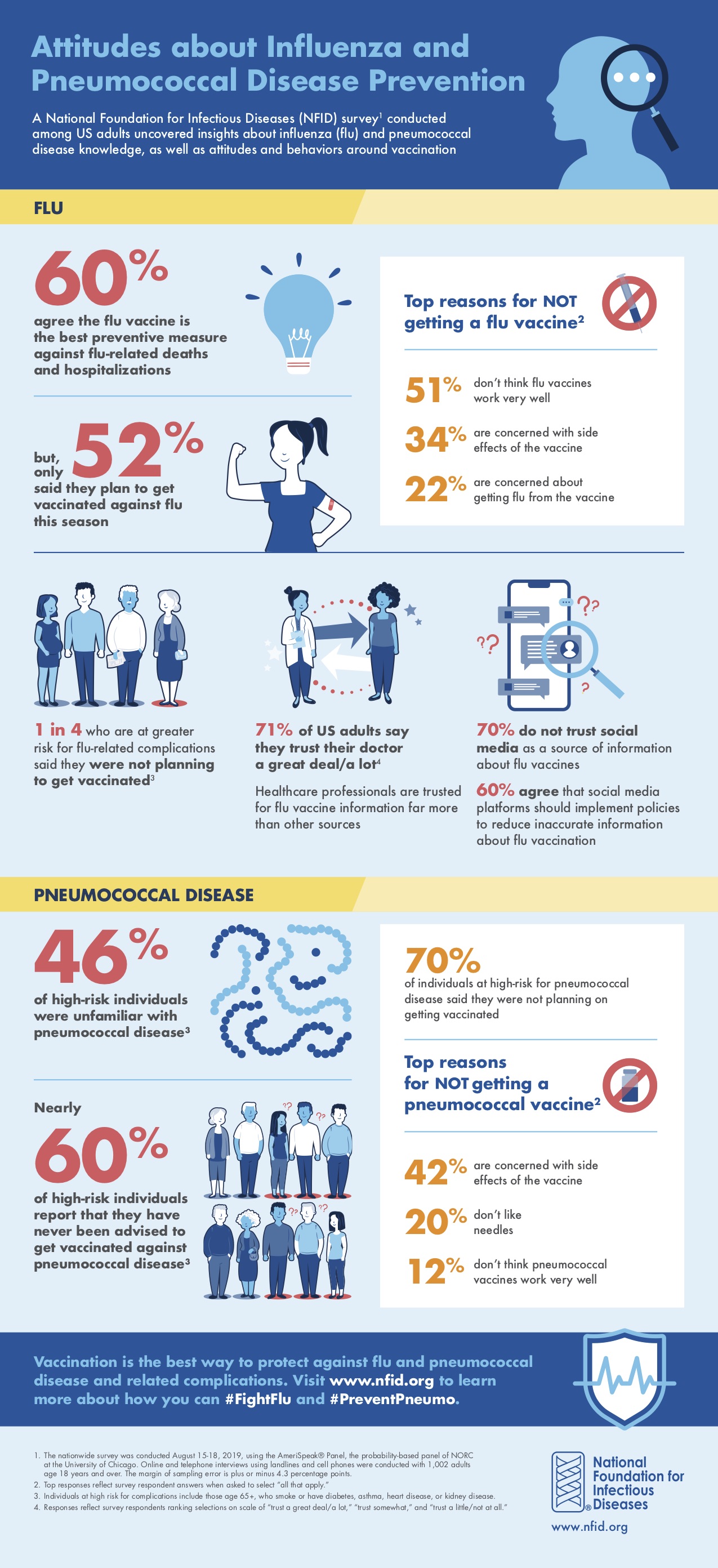The Influenza season in the United States officially began September 29. Since that date, Maine has had 10 confirmed cases. Ten is not considered high for the middle of October. However, health care providers are not required to report each case to state health officials, so that number is considered just an indicator.
As you may have read or heard in the news, we could be facing a particularly rough winter because Australia, whose flu season winds down as ours begins, had its worst year on record.
What happens in Australia is not the only possible predictor of what kind of flu season we’ll have, but it’s been fairly reliable in recent years. Not only was it a rough one, but their flu season also hit early. That’s why the U.S. and Maine CDC are encouraging people to get their flu shots now.
The flu is a serious illness, and a yearly vaccination is the best way to protect yourself, your family and other people you encounter from getting sick or spreading the disease. We are especially focused this year on encouraging pregnant women to get flu shots, as the vaccine can protect them when they are vulnerable and be passed on to newborns.
Nirav D. Shah, Maine CDC Director
This year’s vaccine
There are two types of viruses responsible for influenza outbreaks in humans. They’re known as A and B and each contains multiple strains that are constantly mutating. That’s why scientists have to update the vaccine every year. And they have to decide months in advance of flu season which strains to include.
The 2019/2020 flu vaccine was updated to help protect against these virus strains:
- A/Brisbane/02/2018 (H1N1)pdm09-like virus
- A/Kansas/14/2017 (H3N2)-like virus
- B/Colorado/06/2017-like (Victoria lineage) virus
This year, all standard-dose flu shots will be quadrivalent. What that means is that the vaccine will also help protect against a fourth virus — another B virus.
- B/Phuket/3073/2013-like (Yamagata lineage) virus.
The CDC recommends that “Everyone 6 months of age and older should get a flu vaccine every season with rare exceptions.”
It’s especially important for people who are at high risk of developing flu-related complications.
- Children younger than 12 months of age
- Adults 65 years old or older
- Someone with a weakened immune system
- People with chronic illnesses
- Pregnant woman
Effectiveness
It’s impossible to predict how effective each year’s vaccine will be. Last season, it was only about 29 percent effective. Public health officials say that’s because last year the flu came in two waves. One wave peaked at the end of December and the other in early March. The two peaks were caused by different strains of the influenza virus and the vaccine wasn’t as effective in the second wave.
Health officials are quick to emphasize that even when it doesn’t prevent someone from getting the flu, the vaccine provides other important benefits:
- It shortens the duration of illness, even if a person does get sick.
- It can reduce flu side effects that can lead to even more serious illnesses such as pneumonia and heart attacks.
Vaccination rates
Even knowing the potential risks associated with the flu, many people don’t get an annual flu shot. The percentage of vaccinated children and adults did increase slightly last year, but the average percentage hovers around 50 percent.
- 62.6% among children 6 months through 17 years, an increase of 4.7 percentage points from the 2017–18 flu season
- Flu vaccination coverage among adults ≥18 years was 45.3%, an increase of 8.2 percentage points from the 2017–18 flu season
Maine ranks slightly above the national average for adult and child vaccinations.
In August, the National Foundation for Infectious Diseases conducted a national poll to get a better sense of what people understand about influenza and pneumonia and reasons why some opt against being vaccinated.
60 percent said they agreed that a flu shot was the best way to protect yourself, but only 52% said they planned to get one this year.
The top three reasons people said they don’t get a flu shot are:
- 51% don’t think flu vaccines work very well
- 34% are worried about vaccine side effects
- 33% are worried they’ll get the flu from the vaccine
You’ll find more information about the survey and the National Foundation for Infectious Diseases on the NFID website.
Predictions
Even with hints from Australia’s experience, there’s no sure way to predict how our flu season will unfold. But as far as the CDC is concerned, choosing not to be vaccinated is a risky decision.
Many people underestimate the severity of the flu, yet we know flu causes hundreds of thousands of hospitalizations and tens of thousands of deaths each year. Our best preventive tool is an annual flu vaccine.
Alex Azar, secretary, Department of Health and Human Services, CDC
During last year’s flu season in Maine, there were 10,418 confirmed cases and 48 flu-related deaths. The previous year, Maine had 9,050 confirmed cases and 82 deaths.
High-dose vaccine availability
Most people will receive a regular-dose flu shot. A high-dose vaccine is also available for people 65 or older or who have chronic health conditions and are at increased risk for complications if they get the flu.
However, when my husband went to the local pharmacy to get his flu shot they didn’t have any high-dose available He opted to get the regular dose. A few days later, I received this notice from my doctor’s office:
Due to federal regulations and inspection of vaccine, there is a delay in the release of most high-dose flu vaccine across the county. Because of this delay, we are currently out of supply for high-dose flu vaccines.
I think I may follow my husband’s lead and just get the regular dose. What about you? Do you get an annual flu shot? Why or why not?
Visit the CDC website for more information about influenza and the influenza vaccine.




Hi Dianne, I have already had my flu shot and was told that the recommended dose for seniors was not available, so my husband and I opted for the regular vaccine! I have never experienced any after affects from the shot, but this year for three days after receiving it, I felt lousy, so I can’t imagine what the senior vaccine would have done? All is well now, and my husband and I are ready to face another Maine winter and all that comes with it! Betty Moberg
Hi Betty, a friend of mine got a high dose shot at CVS/Pine Tree Shopping Center last week so I checked yesterday and they had some. I feel fine, just a little soreness in my arm.